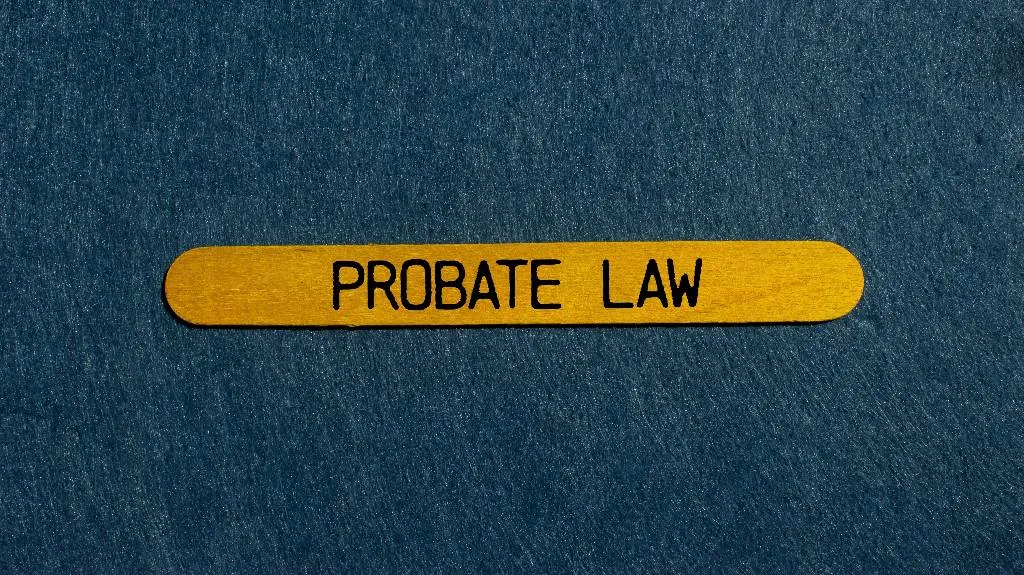Your Responsibilities as a Trustee (administrator or agent of a trust)
Trustees are individuals or organizations tasked with managing and supervising the assets held in a trust on behalf of its beneficiaries. Trustees play a crucial role in estate planning because they ensure the successful implementation of the goals set forth by the trust’s creator, also known as the trustor, settlor, or grantor. The absence of a capable trustee can compromise even the most meticulously crafted estate plan. At the core of their obligations lies the fiduciary duties, which mandates that trustees conduct themselves in good faith and consistently place the beneficiaries’ interests above their own.
Understanding Fiduciary Duty
The legal obligation of fiduciary duty mandates that trustees conduct themselves in an honest and loyal manner with regard to the beneficiaries. This principle guarantees that fiduciaries act in the beneficiaries’ best interests when making decisions, putting aside any potential conflicts that may arise from their own personal interests. In trust law, it is critical to uphold fiduciary duty, which guarantees that trustees satisfy their responsibilities to both the settlor and the beneficiaries.
Responsibilities of a Trustee
The specific responsibilities of a trustee may differ as delineated in the trust instrument; however, in general, they encompass asset management, beneficiary communication, tax compliance, and adherence to ethical and legal principles.
Asset Management
Asset management is an essential component of a trustee’s responsibilities. To mitigate risks, trustees must ensure the diversification of trust assets, monitor investments on a regular basis, and make prudent decisions that strike a balance between growth and risk avoidance. They must evaluate investment opportunities with care in order to limit their legal liability for any losses sustained. They must carefully evaluate investment opportunities and ensure the trust’s assets are productive.
Maintaining Records and Reporting
To uphold accountability and transparency, it is critical to maintain accurate records and timely reports. Trustees must keep detailed records of all trust transactions and provide requested reports to beneficiaries. Complying with fiduciary obligations, such as filing tax returns, is of the utmost importance.
Effective Communication
Trustees must ensure effective communication with beneficiaries and co-trustees to keep all stakeholders informed about trust-related matters. Ensuring trust and transparency in asset management necessitates timely updates, inquiry resolution, and clear explanations of decisions.
Tax Compliance
It is the trustees’ duty to understand and satisfy all tax obligations associated with the trust, such as those relating to income, estate, and gifts. It is imperative that individuals file tax returns with accuracy and contemplate the tax ramifications of asset allocation decisions.
Distribution of Assets
Trustees must distribute trust assets fairly and equitably, considering the individual beneficiaries’ needs and circumstances, and in accordance with the terms of the trust. Trustees must impartially navigate conflicting interests among beneficiaries and pursue resolutions that benefit all parties involved.
Ethical and Legal Compliance
Trustees must maintain legal and ethical standards, act in the beneficiaries’ best interests, and avoid any potential conflicts of interest. It is critical that they approach disputes and legal proceedings with integrity and candor, actively seeking legal counsel when necessary.
A Guide to Court Proceedings
Trustees may be required to intervene in court proceedings under specific conditions, including beneficiary disputes or substantial decisions that demand judicial approval. In addition to being legally compliant, they are required to be ready to furnish the required documentation in support of their fiduciary duties.
The dissolution or termination of the trust
The trust terminates when all beneficiaries receive their distributions and the trustee has satisfied all administrative responsibilities. Trustees must follow legal protocols for termination, including asset allocation and final tax filings. Such adherence is necessary to guarantee compliance and the appropriate dissolution of the trust.
Conclusion
In summary, the position of trustee entails substantial obligations and necessitates conscientious decision-making in adherence to ethical and legal principles. In order to guarantee the prosperity of trusts, trustees execute critical responsibilities such as asset management, effective communication, and adherence to fiduciary obligations. Trustees can safeguard trust assets for the benefit of all stakeholders by undertaking the following: remaining informed, seeking assistance when necessary, and placing the interests of beneficiaries first.
Filippi Law Firm, P.C., can guide you through the trust administration process as a trustee or beneficiary. We provide legal services in estate planning, probate, trust administration, and trust litigation in the greater Sacramento area and Placer County, with a focus in Rocklin, Roseville, Lincoln, and Granite Bay. Give us a call at (916) 333-7910 or fill out the contact form to get in touch with our office. Consultations are free, and they can be done over the phone, via Zoom, or in person at our office in Rocklin, California.




